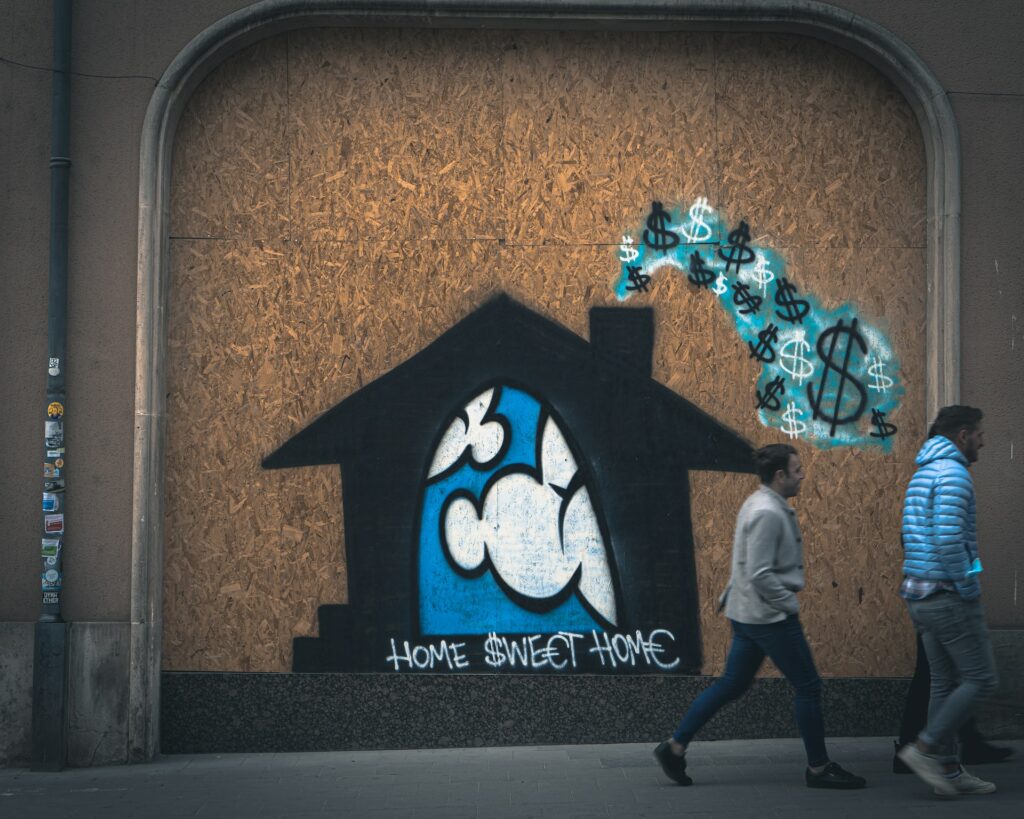


19 August, 2022
An energy and cost living crisis, shrinking economy, murmurs of a looming recession, and drought. We wouldn’t blame you for not wanting to read the news.
In the last quarter century of advising businesses on sustainability, we’ve seen that when price increases or economic stability hit, it’s tempting to turn away from action on social and environmental issues. And we’re starting to hear this again in some (definitely not all!) of our conversations with businesses – it’s not the right time to make a net zero commitment, this isn’t the moment to think about inequality, the focus has to be on getting through the next few months with the bottom line intact.
Stopping making sustainable decisions will not stop the cost-of-living crisis, which is already connected in large part to our lack of progress towards a greener and fairer economy. This comes at a time when the effects of climate change have never been so stark, as the UK sweltered under 40C temperatures over the last few weeks. And where global heating is concerned, we’re ahead of schedule: 40C heat was previously predicted for the UK of the 2050s, not the 2020s.
These costs are not going to go away; by avoiding them now we are just kicking the problem down the road. If better insulated buildings deliver lower energy bills and greener outcomes, then why not spend the money now on making that happen? If offering staff shorter working hours, paid at least at the level of the living wage, will attract more people into the struggling hospitality industry and improve productivity, then that is a good business outcome as well as a positive contribution to people’s wellbeing and economic stability.
It’s not going to be easy, but if we’re going to prevent even higher prices in the future, social unrest as a result of soaring costs, and more intense and frequent extreme weather events, the answer needs to lie in businesses taking swift and decisive action on sustainability. The alternative will be a much higher cost to pay.
By Alice Railton